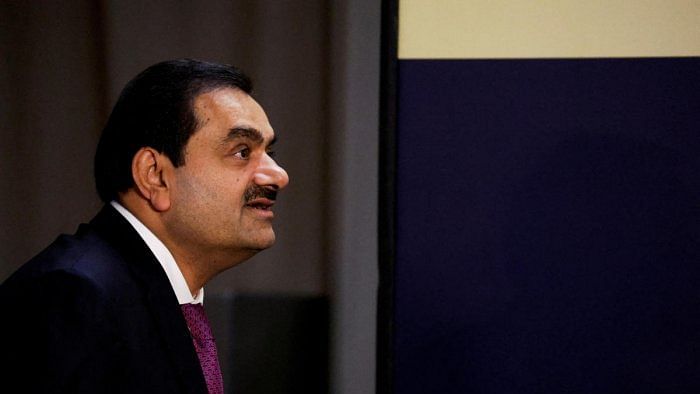
In the aftermath of the US-based short-seller Hindenburg Research's report accusing billionaire Gautam Adani’s group of stock manipulation and accounting fraud, there is a rising chorus among the investing community to see this as an opportunity to strengthen corporate governance standards in India.
Investors are tracking the developments very closely and foreign trust has evidently been impacted admitted Devi Yesodharan, co-founder and chief marketing officer of stock analytics platform, Trendlyne. She cited examples of Swiss lender Credit Suisse and Citigroup Inc’s wealth arm which have stopped accepting securities of the ports-to-power conglomerate as collateral for extending margin loans to their clients. Foreign fund outflows was significant in the week following the episode, Yesodharan added.
The total market value of Adani’s companies had plunged by nearly half since the release of the critical report on January 24, even as the group has vehemently denied Hindenburg’s allegations and threatened legal action.
“Over the longer period what will retain the interest of investors is how regulators will respond to this,” Yesodharan pointed out.
Market experts are also pushing for greater transparency tied to the disclosure of funding sources of companies that hold a stake in Indian listed enterprises.
This is a good time for regulators like Securities and Exchange Board of India (Sebi) to realise that a significant level of awareness is needed about holdings of those who have investments in listed companies, Yesodharan emphasised.
“There should be some rule and regulation about the leverage limits (for corporates) beyond a certain market cap,” said Sonam Srivastava, founder and chief executive of Wright Research. If the Adani Group was not as leveraged substantially, despite some allegations, their stocks would not have crashed so much, she explained.
While industry insiders unanimously lauded the progress in Indian regulatory framework and corporate laws, they also urged for additional reforms.
“Indian laws on corporate governance have been continuously strengthening over a period, but there clearly seems to be some distance between the legislative, judicial and executive pillars of regulation,” said Nirav Karkera, who heads research at investment service provider, Fisdom. “The Adani-Hindenburg debacle is indeed a lesson to note,” he stressed.
“While we have stricter compliance laws, than many other developing nations such as China, Brazil, Saudi Arabia, and even though the intent of the regulator is to deter wrongdoing, our laws have not evolved in a way to tackle somebody using a foreign gate to start manipulating Indian prices,” Srivastava argued.